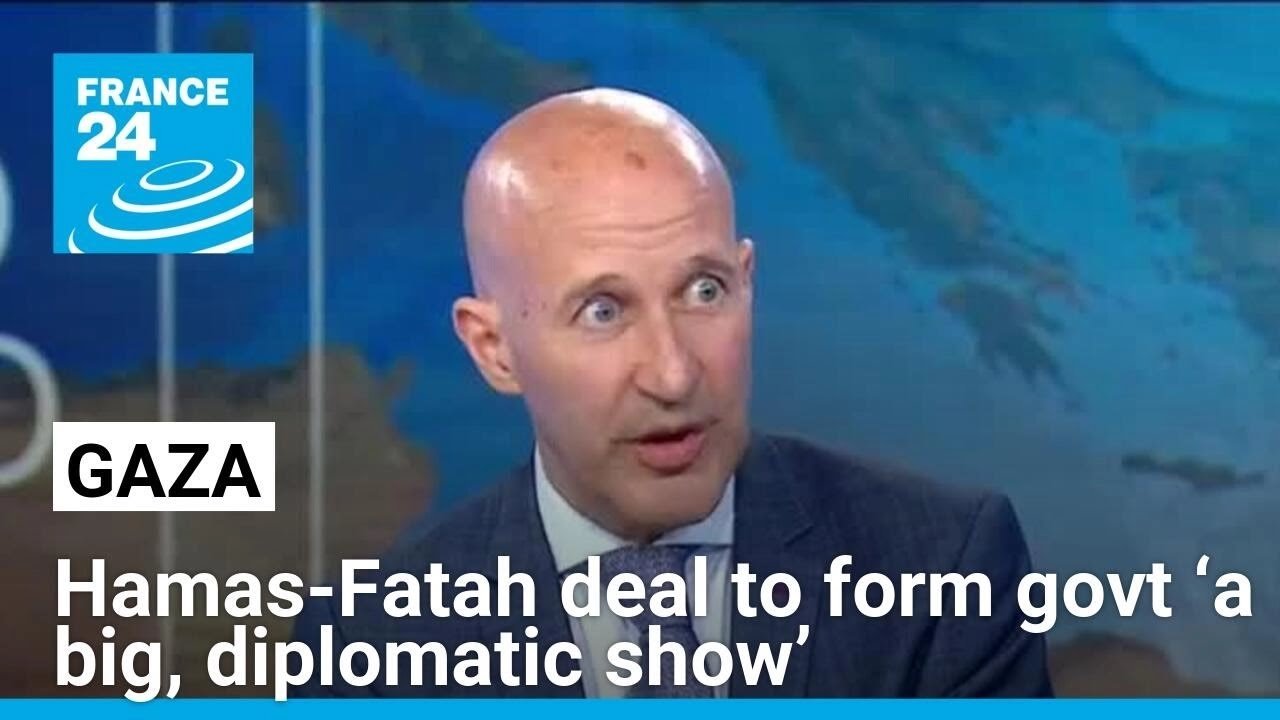In a recent development within Palestinian politics, the rival factions Hamas and Fatah have agreed to form a government, a move brokered by China. This agreement, seen by many as a “big diplomatic show,” aims to establish a national unity government encompassing all Palestinian territories post-conflict with Israel. Despite the noble intentions articulated in the agreement, skepticism remains high due to past failures rooted in deep-seated issues such as weapons control. This latest attempt at reconciliation, while a diplomatic victory for China, highlighting its increasing role in global diplomacy, is met with doubts regarding its practical impact.
- The Hamas-Fatah deal aims to form a national unity government to jointly govern the Palestinian territories after the end of the ongoing conflict with Israel.
- The agreement, an eight-point declaration signed by 14 factions, seeks to end deportations and displacement of Palestinians, among other goals.
- Skepticism about the agreement’s effectiveness stems from past failures, notably disagreements over weapons control and authority.
- China’s role in brokering the deal marks a significant diplomatic achievement, emphasizing its growing influence in global and particularly Middle Eastern diplomacy.
- The deal is perceived by some as more of a diplomatic gesture, with little immediate practical impact, given the historical context of failed reconciliation attempts since 2007.
- China’s mediation success extends beyond the Middle East, as part of its broader strategy to enhance its influence among countries in the global South and challenge the post-World War II world order dominated by the US.
France 24 is an international television network and news website owned by the French state.
Official website: https://www.france24.com/en/
Original video here.
This summary has been generated by AI.

Leave a Reply